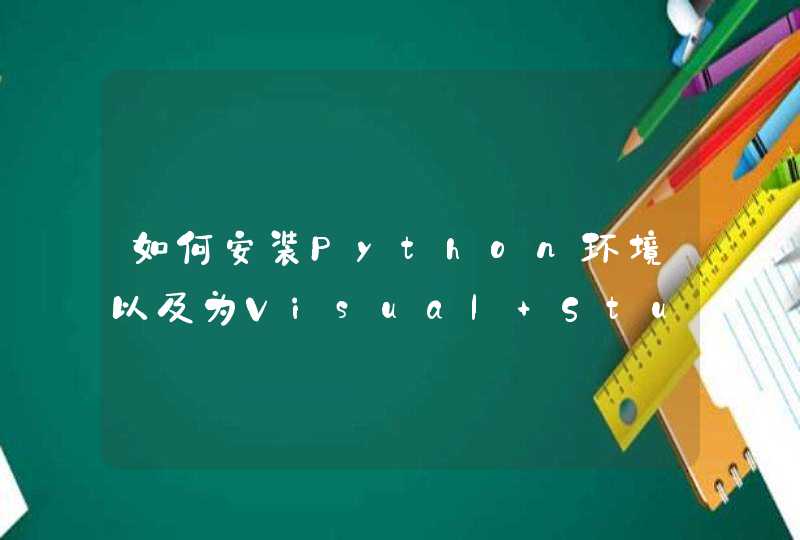
private final String symbol
private final ASTNode minScope
private boolean methodLevel = true
private boolean typeLevel = true
/**
* The found result
*/
private SimpleName declSN
private final ASTVisitor visitor = new ASTVisitor() {
@Override
public boolean visit(SimpleName sn) {
if (found()) {
return false
}
if (sn.getIdentifier().equals(symbol) &&sn.getParent() instanceof VariableDeclaration) {
declSN = sn
return false
}
return true
}
}
/**
* Starts resolving with the requested symbol
* @param varSymbolNode the variable symbol node to resolve (node must be in the AST)
*/
public VariableTypeResolver(SimpleName varSymbolNode) {
this.symbol = varSymbolNode.getIdentifier()
this.minScope = varSymbolNode
}
public VariableTypeResolver(String varSymbol, ASTNode minScope) {
this.symbol = varSymbol
this.minScope = minScope
}
public VariableTypeResolver disableMethodLevel() {
methodLevel = false
return this
}
public VariableTypeResolver disableTypeLevel() {
typeLevel = false
return this
}
/**
* Node's parent is instance of {@link VariableDeclarationFragment} or {@link SingleVariableDeclaration}
* @return the SimpleName node of declaration
*/
public SimpleName resolveDeclSimpleName() {
if (!found()) {
resolve()
}
return declSN
}
private void resolve() {
if(found()) {return}
if (methodLevel) {
apply(FindUpper.methodScope(minScope))
}
if(found()) {return}
if (typeLevel) {
AbstractTypeDeclaration typeScope = FindUpper.abstractTypeScope(minScope)
applyInFields(typeScope)
if(found()) {return}
for (TypeDeclaration superClass : superClasses(typeScope)) {
if(found()) {return}
applyInFields(superClass)
}
}
}
private boolean found() {
return declSN != null
}
private void apply(ASTNode scope) {
if (scope == null) {
throw new NullPointerException()
}
scope.accept(visitor)
}
private void applyInFields(AbstractTypeDeclaration typeScope) {
for (Object bd : typeScope.bodyDeclarations()) {
if (bd instanceof FieldDeclaration) {
apply((ASTNode) bd)
}
}
}
private List<TypeDeclaration>superClasses(AbstractTypeDeclaration atd) {
if (atd instanceof TypeDeclaration) {
return AstUtils.superClasses((TypeDeclaration) atd)
}
else {
return Collections.EMPTY_LIST
}
}
}
也是网上找的
比如我要写一个游戏角色,用很多代码去写:发声,跑,攻击,贴图等等。但我给这个复杂代码组成的对象起名“Dog”,Dog对象就是对这个复杂运行机制的抽象化。
Dog的语义-狗就是所谓“外观”或者外在概括,,但这个dog不是动物意义上的狗,而是抽象命名的某应用域中的自定义概念.





































































